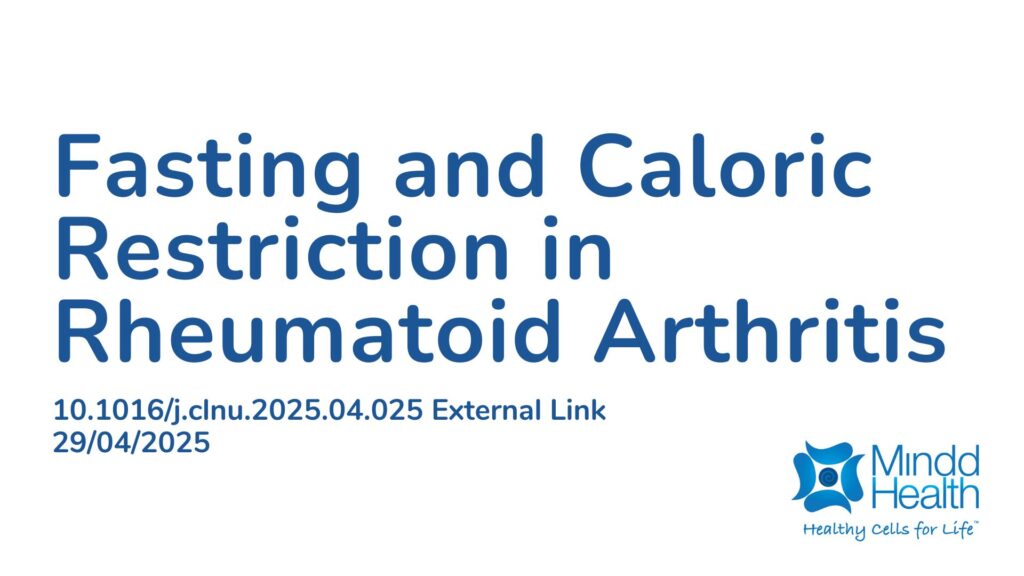Summary:
Rheumatoid arthritis (RA) is a chronic autoimmune disease affecting around 1% of the global population, with prevalence expected to exceed 30 million by 2050. It disproportionately affects women and is linked to ongoing pain, joint stiffness, and inflammation, often resulting in reduced quality of life and early work disability. RA arises from a combination of genetic, immune, environmental, and lifestyle factors and can lead to chronic joint inflammation, cartilage degradation, and bone erosion. Key inflammatory mediators, including TNF-α and IL-6, play major roles in disease progression. Environmental exposures such as smoking, and lifestyle factors like diet, have been linked to RA risk. Gut microbiome imbalances may contribute to immune dysfunction and inflammation, with certain microbial patterns associated with higher susceptibility. While medications have improved outcomes, many patients do not respond fully and may experience adverse effects. This narrative review explores the role of dietary interventions, particularly fasting and caloric restriction, as complementary strategies. The review found that fasting and caloric restriction can lead to short-term reductions in disease activity and inflammatory markers. However, evidence on long-term benefits is limited. Further research is needed to clarify optimal protocols, long-term sustainability, and underlying mechanisms.
Abstract:
Rheumatoid arthritis (RA) is a chronic systemic autoimmune disease affecting approximately 1 % of the global population. It is characterized by swollen and painful joints eventually evolving into bone erosion, cartilage degradation and systemic inflammation, that significantly reduce patients’ quality of life. While modern pharmacological treatments often lead to symptom improvement, they are also accompanied by substantial side effects, which can further impair patient wellbeing Dietary interventions, particularly fasting and caloric restriction (CR), have gained increasing attention as adjunctive strategies for RA prevention and treatment. Their anti-inflammatory potential and ability to modulate the gut microbiome render them an attractive option to accompany or modify medical treatment. However, high-quality research on fasting and CR interventions in humans with RA remains limited, and the underlying mechanisms are not yet fully understood. The present narrative review reflects our current knowledge regarding fasting and CR, emphasising their impact on clinical outcomes, potential underlying mechanism and the sustainability of their effects. Evidence suggests that fasting and CR may lead to short-term improvements in RA disease activity, including reductions in inflammatory markers such as C-reactive protein (CRP) and interleukin-6 (IL-6). However, their long-term efficacy remains uncertain due to the limited duration of most studies. Future research should focus on identifying optimal fasting and CR protocols and their feasibility in long-term disease management, along with investigating patient adherence and potential risks associated with fasting interventions.
Article Publication Date: 29/04/2025
DOI: 10.1016/j.clnu.2025.04.025



